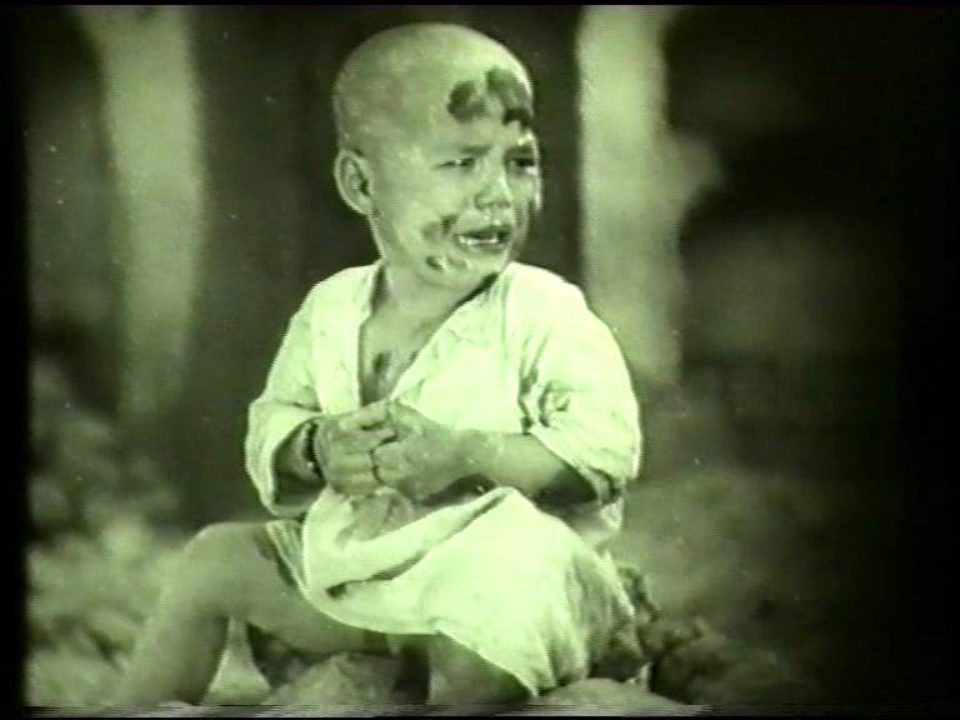Two peasants, Qadyr (Afandikhan) and his father Batyr (S. Khojaev), sell their cotton to Nasyrbek (Mirza Akhmedov), well-known citizen and leader of a political organization. One day, Batyr protests against the person in charge of the weighing and the commissioner (Mullah Umar) who manages to lie on the weight and quantity of cotton shipped in order to steal it. He is then thrown into prison. During this altercation, only a skilled worker, Vasilii Gorbunov (V. Baibakov) takes his defense. Perceived as a dangerous element, he will also be imprisoned for the reason that Nasyrbek manages to bribe the head of the local police. Qadyr tries by every means to free his father, he sells all his property and carries out all the possible paperwork, without success. Then the decree conscripting Muslim populations of the Empire is released, triggering riots violently suppressed by the imperial authorities. Given the scale of the rebellion, the order is changed. It gives the opportunity for some to purchase exemption. Qadyr, like many others, becomes the ideal prey to avoid conscription. The richest seek poor men that will accept to be paid, and take their place and leave. Qadyr finally understands that he is only «livestock»; he rebels and finds himself at the head of a crowd of men and women he leads into the mountains.
This film, censored and never screened, looks like a reenactment of the 1916 anti-colonial revolts in Central Asia, essential event in the history of the first national liberation movement in the region. Violently repressed these revolts were largely overshadowed by the ideological weight of the 1917 Revolution. This film is the director’s life: he was sent to camp just after finishing the movie and perished in the Stalinist purges, as many of his fellow intellectuals, politicians and ordinary people, killed in 1937-1938.

